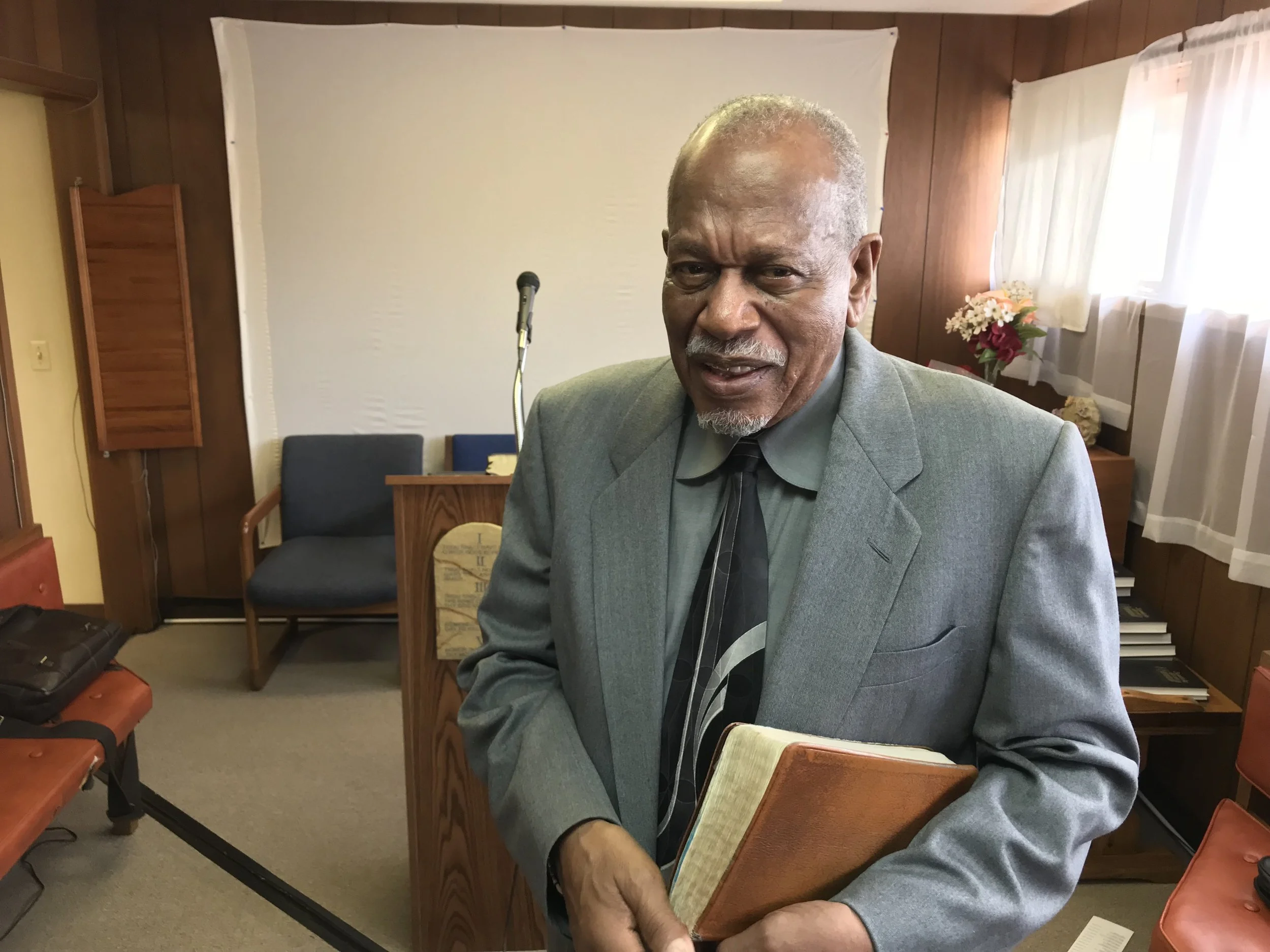As a pastor, I make my fair share of hospital visits, and while these can be hard visits at times, these are often a special time for me to get in some one-on-one talking and praying with my church members. Since being here in the Racine-Kenosha area, I've gotten to know many of my members a little better in a hospital room. One of the most fascinating things I've come across during these visits, however, is that many times I am not the primary missionary in the story--visiting and encouraging the saints as they are hospitalized. Neither are the medical staff, despite all their hard work to comfort my members and make them well again. It is, at times, the church members themselves who take up the role of missionary themselves--broken as they may be at the time--in order to reach the nurses, doctors, and various members of the local medical team, for Jesus. Not having spent too much time in hospitals myself, I have to admit that this is not something I had thought too much about before now. And I have to think that, as a patient, the hospital doesn't seem like the most obvious place to do ministry in many people's minds. Nevertheless, ministry is being done in my district by those who are hurting and vulnerable, but willing to give glory to God.
Months ago, I visited Henry Boykin, one of our elders at the Kenosha Church, who told me about how he was talking to his nurses and doctor about Jesus. He elaborated that, outside of the hospital, he had many talks with his primary physician about faith. He told his physician, "I'm not just looking for someone to take care of me, I'm looking for a relationship. I need to be able to talk to you about the stuff that matters." His physician consented and Henry has felt comfortable talking about Jesus with him ever since. If you have ever met Henry, you know that he talks about little other than his faith, so it makes sense that he would preface his relationship with a physician in such a way. If the doctor couldn't take faith-talk, he just wouldn't have cut it. Henry, unfortunately, will be permanently leaving Wisconsin for warmer climates in Arizona next month. His ministry here will be missed, but I have confidence that God is sending him to the Southwest for a reason.
Elder Henry Boykin, of the Kenosha Seventh-day Adventist Church.
Last week, I had a visit with Fred Buchholz, who despite a prolonged stay at the hospital for rehabilitation, was acting as a literature evangelist. With a stack of tracts on the table next to him ("After the Storm" by Danny Shelton), he explained to me that while he was at the hospital, he was determined to pass as many of these out as he could. He also was sharing with them his own testimony about how God saved him from a life-threatening situation when he was a young man that, logically, he should not have survived. While the medical staff may have viewed him as the one who was broken and needed fixing, Fred knew that he had Christ and that true brokenness came from separation from Jesus. In that light, it was his goal to direct the physicians to an even greater Physician: One who can heal in their lives what medicine cannot.
Fred Buchholz, a Deacon the Raymond Seventh-day Adventist Church, at the hospital with tract in hand.
While there are many more examples of this kind of medical missionary, these two visits stand out in my mind. They've challenged me to be more open to and creative with ministry, even in areas of my life that I find taxing or uncomfortable--on a plane, at the hospital, standing in line at the DMV. This has caused me to ask the question: Am I bringing glory to God in everything I do, or are there some areas that are off limits because they're all about me? It's a needed challenge in all of our lives. How will you bring glory to God today, regardless of the circumstances?
- Pastor Zachary Payne


